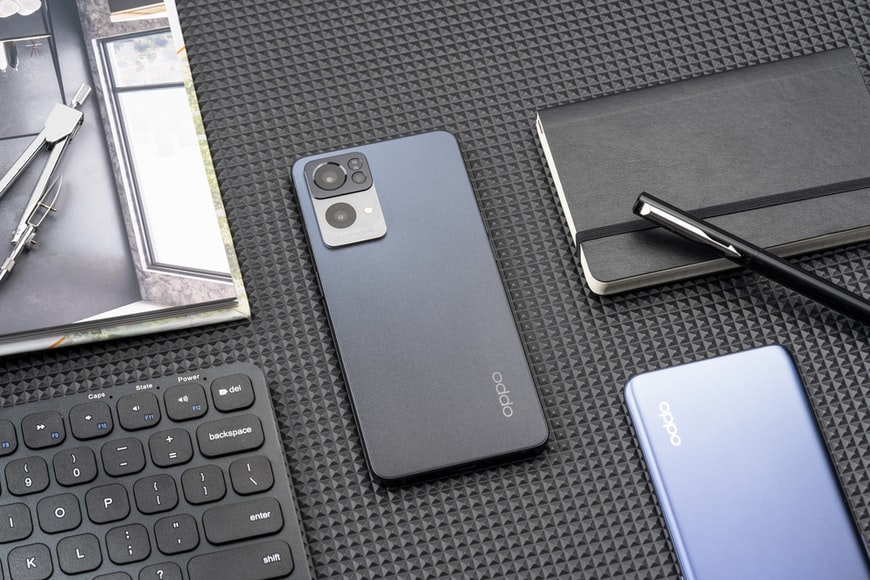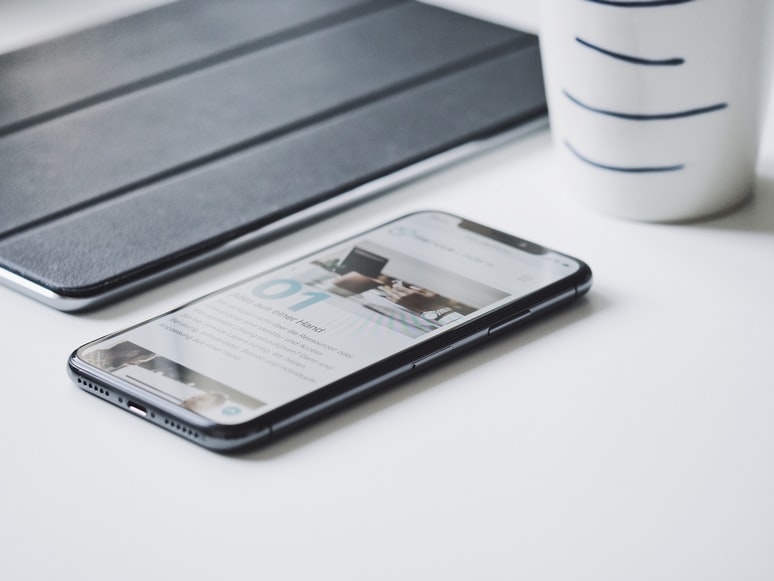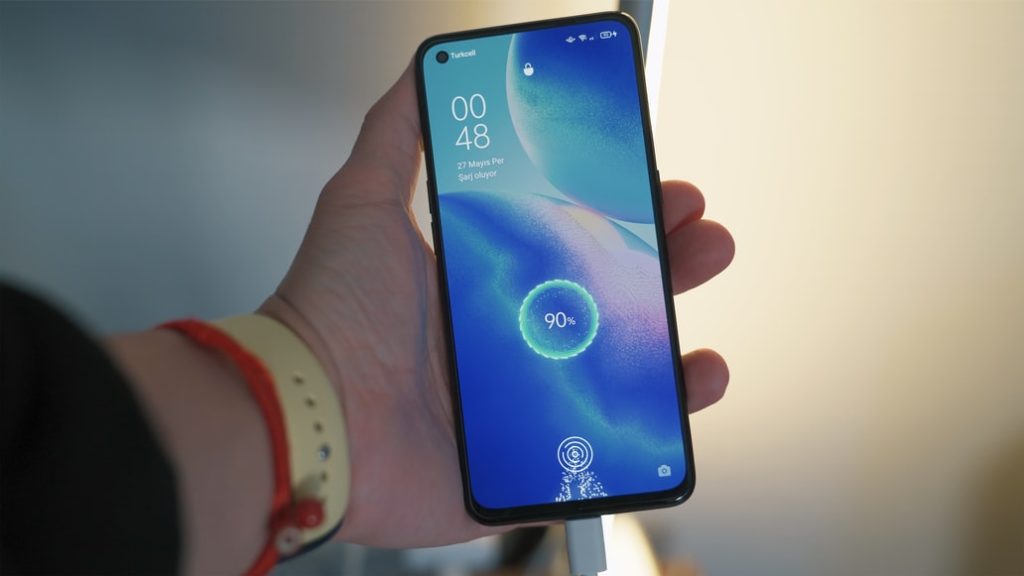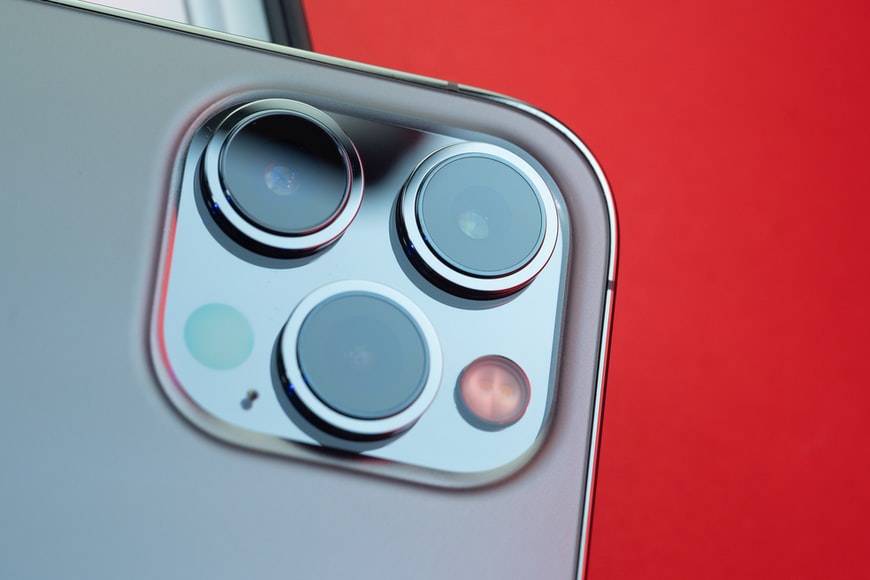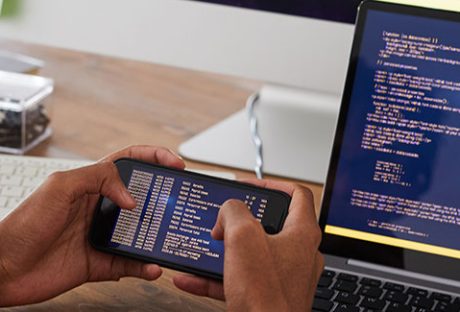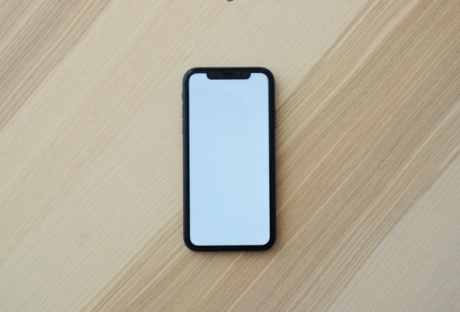With the number of flagship smartphones entering the market today and the endless high-quality options for people on a budget, it’s become very challenging to choose the best smartphone. The smartphone market is flooded with thousands of phones, making it overwhelming for people who are not clear about what they want.
If you are one of those people, this post is for you. We shall discuss the top tips to help guide you in choosing the best smartphone. Let’s delve in.
1. OS platform
The operating system of your smartphone is very important. Now, the operating system you choose will largely affect the app ecosystem. These include the following: Android, iOS, Windows Phone, and Blackberry.
That is, if you pick an Android phone, you’ll have access to an enormous pool of apps. Almost all kinds of apps are available on Google Play Store. If you opt for iOS, it’s another story altogether.
Apple has a very small number of devices available in the market at any given time, which means that there are fewer opportunities to experience variety with your device. The Blackberry OS has now been completely phased out by the company that used to produce them.
This means that though iPhones can be seen as premium-looking phones, they lack diversity when it comes to models. This also implies that upgrading your iPhone without buying a new model isn’t possible.
All these facts mean that Android comes out on top in this category. It is the most flexible and diverse platform available, encouraging more developers to write apps for it.
2. Screen size and quality
The quality of the smartphone’s screen directly impacts how you view images and videos, as well as your experience when playing games or browsing the internet. A good smartphone must have a high-resolution display, which will allow you to view things clearly in different light sources at different angles.
Gamers should buy smartphones with the highest pixel density possible if they want excellent picture clarity while indulging in their hobby. Phones with lower resolutions are not advised for people who wish to sharpen images.
3. Processor
This is one of the most important factors to consider when buying a smartphone. The processor decides how fast your apps will load and impacts your phone’s performance in general. You should purchase phones with CPUs that are at least 1GHz or more in speed to receive reliable performance at all times.
Be aware of smartphones that come with processors less than this threshold, though, because they often lag during operation and may even freeze randomly while using them.
4. RAM
Another vital part of your smartphone’s hardware configuration is its RAM (Random Access Memory). This helps your phone run multiple tasks simultaneously without slowing down or hanging up on you mid-way. The higher the RAM, the more tasks your phone will be able to handle at once.
However, there are no specific or minimum requirements for smartphones these days. You should, however, make sure that you buy a smartphone with 4B of RAM or more if you want it to perform reliably without lagging.
5. Battery power
Though smartphones have become incredibly sophisticated in recent years, battery life remains an issue for all. Consumers should choose devices that come with batteries between 3500mAh and 5000mAh capacity to receive decent battery performance from their phones.
According to the experts from Hartman’s Jacksonville appliance repair, if you’re not too concerned about how long your phone lasts on a single charge and tend to carry around chargers everywhere you go, you can choose phones with lower battery capacity as well. However, those who go out for an hour of jogging will find that phones with lower battery capacities may die on them before they know it.
6. Operating System Version
It is important to know which version of the operating system your phone is running. If you want to buy a smartphone that will receive regular software updates and security patches from its manufacturer, make sure you purchase devices working on Android 10.0 or later versions of the Android platform. For iOS users, Apple offers upgrades regularly, including bug fixes and minor enhancements, so this aspect doesn’t matter as much as it does for Android users.
7. Storage space
Storage space is another important consideration when buying a smartphone. Though smartphones have to offer much less storage space than traditional laptops and PCs, consumers can get decent storage performance from them by opting for devices that come with at least 32GB of internal memory or more.
However, such large memories tend to drain the battery quickly, so it will be best if you select phones that house both an SD card slot and at least 64GB of fast internal memory. That way, you’ll be able to store all of your media files and still receive good battery life from your smartphone.
8. Camera
As with storage space, smartphones now offer much better camera quality than traditional digital cameras. However, you should ensure that the smartphone’s camera you intend to buy is at least 12MP to receive good picture clarity. Also, opt for phones with a front-facing camera since these are quite useful when taking selfies and using video calling services. Additionally, focus on devices with larger aperture values to let in more light into their cameras and produce well-lit photos even in low lighting conditions.
Read Also:
- How Smartphone Tracking Programs assist Parents in Controlling their Children
- 5 Ways to Stream Free Movies and TV Shows on Your Smartphone
- How To Make Money With Your Smartphone
- Smartphone Addiction In Our Era













